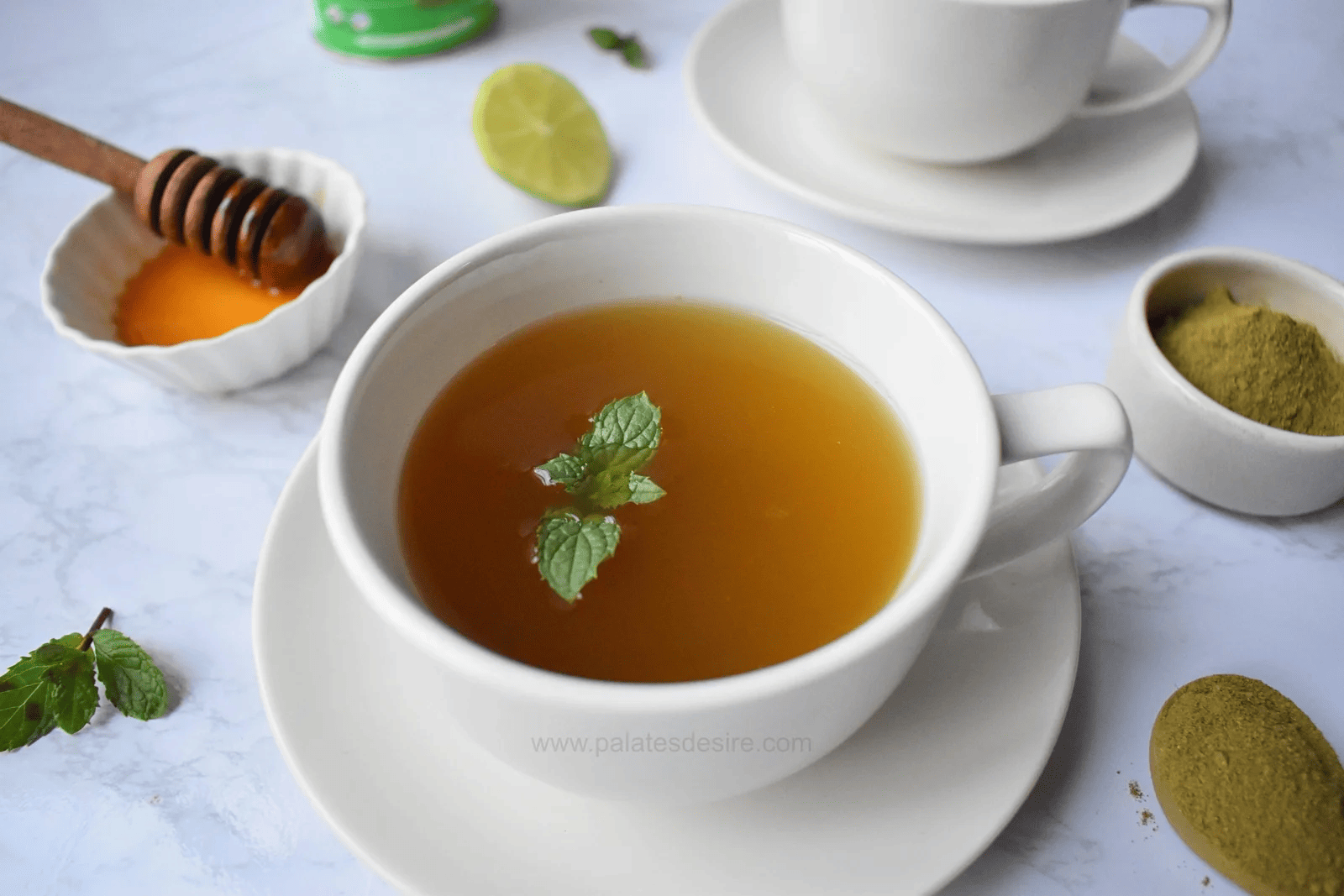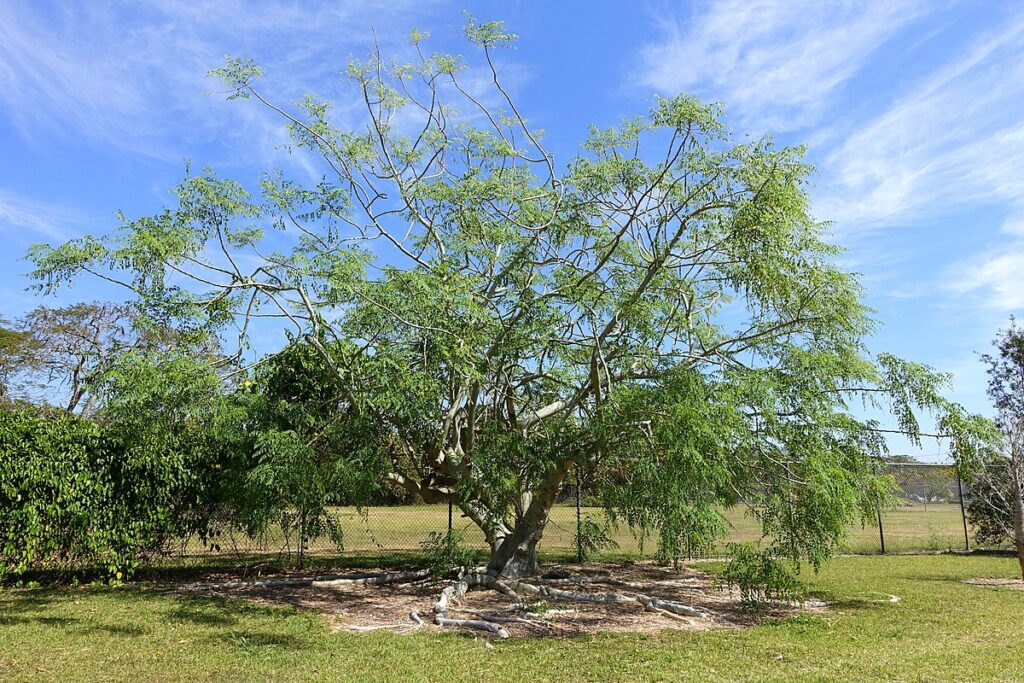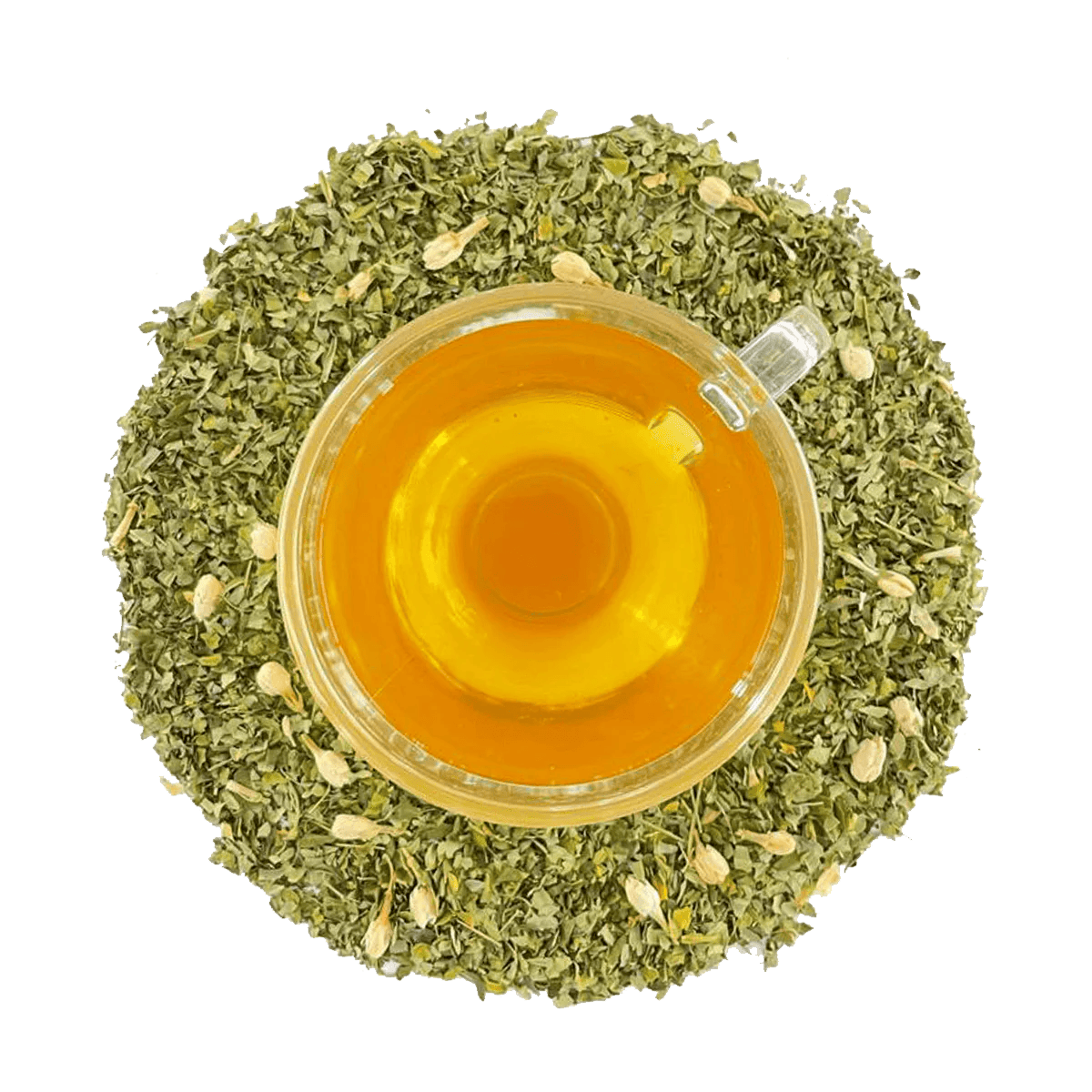Moringa tea has become one of my favorite beverages, and I can’t help but marvel at its incredible health benefits and nutritional richness. Made from the leaves of the moringa tree (Moringa oleifera), this tea has captured the attention of many health enthusiasts, including myself. Often referred to as the “miracle tree,” moringa is celebrated across different cultures for its medicinal properties. In this article, I want to share my personal journey with moringa tea, exploring its many benefits, how I prepare it, and what I’ve learned about its potential side effects.

Table of Contents
What is Moringa Tea?
Moringa tea is an herbal infusion brewed from the dried leaves of the moringa tree, which I discovered is native to parts of Africa and Asia. I was fascinated to learn that these vibrant green leaves are not just visually appealing but are also packed with essential nutrients. When I first tried moringa tea, I was pleasantly surprised by its mild, earthy flavor. Whether I enjoy it hot on a chilly morning or chilled over ice during the summer, this tea has become a versatile and refreshing addition to my daily routine.
History of Moringa

As I dug deeper into the world of moringa, I was intrigued by its rich history. Moringa has been used for centuries in traditional medicine, especially in Ayurvedic and African herbal practices. I learned that ancient Egyptians valued moringa not only for its nutritious leaves but also for its oil, which they used in various applications. It struck me how the Ayurvedic practitioners incorporated moringa to treat a variety of ailments, showcasing the tree’s importance in their healing traditions.
The fact that moringa’s leaves, pods, and seeds have been utilized in traditional recipes around the world speaks to its long-standing significance in diets and cultures. It’s fascinating to think that I’m enjoying a beverage that has been cherished for so long and has roots in diverse cultural practices.
Through my exploration of moringa tea, I’ve developed a deeper appreciation for this incredible plant and its myriad uses. The journey has opened my eyes to the wealth of knowledge surrounding traditional remedies and the importance of incorporating nature’s bounty into our lives.
Health Benefits of Moringa Tea
I’ve been amazed by the numerous health benefits of moringa tea, which I’ve personally experienced since incorporating it into my daily routine. Here are some of the key benefits that stand out to me:
- Nutrient-Rich Superfood: The tea is packed with vitamins and minerals, including vitamin C, vitamin A, calcium, and iron. I appreciate how this nutrient density helps support my overall health.
- Antioxidant Properties: The tea is rich in antioxidants, which help combat oxidative stress in the body. I’ve noticed that drinking moringa tea regularly gives me a feeling of vitality and well-being.
- Supports Immune Function: Moringa tea has been known to boost the immune system. Since I started drinking it, I feel more resilient during cold and flu season, and I think it plays a role in keeping me healthy.
- Aids Digestion: I’ve found that moringa tea can help soothe digestive issues. After a heavy meal, a cup of this tea has become my go-to remedy for promoting digestive comfort.
- Supports Weight Loss: In my weight management journey, I appreciate that the tea can help boost metabolism and curb cravings. It’s a great addition to my healthy lifestyle.
- Reduces Inflammation: Moringa has anti-inflammatory properties, which I’ve felt particularly beneficial after intense workouts. Drinking moringa tea helps me recover faster and feel more at ease.
- Promotes Healthy Skin: I’ve also noticed improvements in my skin since drinking moringa tea. The antioxidants and vitamins in the tea contribute to a healthier complexion, which I love.
- Enhances Energy Levels: Moringa tea gives me a natural energy boost without the jitters associated with caffeine. I often sip on it in the afternoon to stay alert and focused.
Incorporating the tea into my daily routine has been a delightful and healthful experience, and I look forward to continuing to explore its benefits! Likewise, white balsamic vinegar, though milder in flavor than traditional balsamic, contains antioxidants from the grapes it’s made with, particularly polyphenols, which can help reduce oxidative stress in the body.
Best Time to Drink Moringa Tea
When it comes to enjoying moringa tea, I’ve found that the timing can enhance its benefits and overall experience. Here’s what I’ve discovered about the best times to incorporate this wonderful tea into my routine.
- Morning Boost: The first thing in the morning, it serves as a gentle wake-up call that kickstarts my metabolism. The nutrient-rich profile of moringa leaves provides me with essential vitamins and minerals that help energize me for the day ahead.
- Pre-Workout Drink: I usually sip on a cup about 30 minutes before hitting the gym. The energy-boosting properties of moringa help me feel more energized and focused during my workouts.
- Midday Refreshment: Around 3 PM, when I typically feel that afternoon slump, a cup of moringa tea revitalizes me. It’s a fantastic alternative to coffee, providing me with sustained energy and helping me stay alert for the remainder of the day.
- Evening Relaxation: While I generally avoid caffeine in the evening, I’ve found that drinking moringa tea close to bedtime can be beneficial for winding down. Its calming properties promote relaxation and help me prepare for a good night’s sleep.
Preparation of Moringa Tea
Preparing moringa tea has become one of my favorite rituals, and I appreciate how simple and quick it is. Here’s how I typically make my cup of moringa tea:
Selecting the Leaves
First, I always start with high-quality moringa leaves. I’ve experimented with both fresh and dried leaves, and I’ve found that dried moringa leaves are incredibly convenient and have a longer shelf life. Whenever I can, I source organic leaves to ensure I’m getting the best nutritional benefits.

Brewing Methods for Moringa Tea
Brewing moringa tea can be done using various methods, each offering a unique flavor profile and experience. Here’s a closer look at some popular brewing methods, tips for optimal preparation, and how to enhance the flavor of your moringa tea.
1. Traditional Steeping Method
Description: This is the most common way to brew moringa tea, providing a straightforward approach that preserves the nutrients of the leaves.
Instructions:
- Ingredients:
- 1-2 teaspoons of dried moringa leaves
- 1 cup of hot water
- Steps:
- Place the dried moringa leaves in a cup or teapot.
- Bring water to a boil, then let it cool slightly (ideal temperature is around 190°F or 88°C).
- Pour the hot water over the leaves and let it steep for 5-10 minutes, depending on your taste preference.
- Strain the leaves and enjoy. Optional: add honey, lemon, or ginger for added flavor.
Benefits: This method allows for maximum extraction of the nutrients and antioxidants found in moringa leaves.
2. Cold Brew Method
Description: Cold brewing is a refreshing alternative, especially during hot weather. It produces a smoother, less bitter tea.
Instructions:
- Ingredients:
- 1-2 teaspoons of dried moringa leaves
- 1 cup of cold water
- Steps:
- Combine moringa leaves and cold water in a jar or pitcher.
- Seal the container and refrigerate for 6-12 hours, allowing the leaves to infuse the water slowly.
- Strain and serve over ice. Optional: garnish with fresh mint or fruit slices.
Benefits: Cold brewing minimizes the risk of bitterness while preserving the tea’s nutrients, making it a delightful, refreshing drink.
3. Moringa Tea with Other Herbs
Description: Combining moringa with other herbs can enhance the flavor and health benefits of the tea.
Instructions:
- Ingredients:
- 1 teaspoon of moringa leaves
- 1 teaspoon of ginger, mint, or chamomile
- 1 cup of hot water
- Steps:
- Combine moringa leaves with the chosen herb in a cup.
- Pour hot water over the mixture and steep for 5-10 minutes.
- Strain and enjoy. Optional: add honey for sweetness.
Benefits: This method allows you to create a personalized tea that caters to your taste preferences and health needs, such as calming effects from chamomile or digestive support from ginger.
4. Moringa Tea in Smoothies
Description: Incorporating moringa tea into smoothies is a delicious way to enjoy its benefits while adding nutritional value to your meals.
Instructions:
- Ingredients:
- 1 cup of brewed moringa tea (cooled)
- 1 banana
- 1/2 cup of spinach
- 1/2 cup of yogurt or almond milk
- Steps:
- Blend all ingredients until smooth.
- Adjust sweetness with honey or add other fruits as desired.
Benefits: This method not only adds flavor and nutrients to your smoothie but also makes it a more substantial meal option.
5. Moringa Tea Infusion
Description: Infusions combine moringa with other beneficial ingredients to enhance the flavor and health benefits.
Instructions:
- Ingredients:
- 1 teaspoon of moringa leaves
- 1-2 slices of lemon or ginger
- 1 cup of hot water
- Steps:
- Place moringa leaves and lemon or ginger slices in a cup.
- Pour hot water over the mixture and steep for 5-10 minutes.
- Strain and enjoy. Optional: add a sprinkle of cinnamon for warmth.
Benefits: Infusions provide a unique flavor experience while maximizing health benefits, making your tea enjoyable and health-boosting.
Tips for Brewing Moringa Tea
- Water Temperature: Use water that is hot but not boiling to avoid destroying the beneficial compounds in moringa leaves.
- Steeping Time: Adjust the steeping time according to your taste preference; longer steeping can lead to a stronger flavor.
- Freshness: For the best flavor and nutrients, use fresh moringa leaves or high-quality dried leaves.
- Experiment: Don’t hesitate to try different brewing methods and combinations to discover what you enjoy most.
By exploring these brewing methods, you can customize your moringa tea experience to suit your taste preferences and dietary needs while maximizing its health benefits. Enjoy the versatility of moringa tea in various forms, whether as a traditional beverage or a refreshing smoothie!
Side Effects of Moringa Tea
While moringa tea is generally safe, it’s helpful to be aware of potential side effects. For some, drinking large amounts may cause mild digestive issues like nausea or an upset stomach due to its natural laxative effects. I find one to two cups a day keeps things balanced.
Who Should Avoid The Tea?
Pregnant or breastfeeding women should avoid moringa as it may impact hormone levels. Those with sensitive stomachs or new to herbal teas may also want to start slow to see how their body responds.
Interactions with Medications
The tea may interact with blood pressure and diabetes medications, so it’s wise to consult a doctor if you’re taking these or other prescriptions. With these precautions, I enjoy the tea as a beneficial part of my daily routine.
Taking these potential side effects into account has allowed me to incorporate it in a way that feels good and supports my overall health. Knowing when to use it and when to avoid it gives me the confidence to enjoy this nutritious beverage in moderation.
FAQs
Is it OK to drink moringa tea every day?
Yes, drinking moringa tea daily is generally safe for most people and can offer numerous health benefits, thanks to its nutrient-rich profile. However, it’s best to start with one to two cups a day and observe how your body responds. If you’re pregnant, breastfeeding, or taking medications, consult a healthcare provider before adding it to your daily routine.
Does moringa tea burn belly fat?
While the tea itself doesn’t directly burn belly fat, it can support weight management as part of a healthy lifestyle. Moringa’s metabolism-boosting and appetite-suppressing properties may help reduce overall calorie intake and support weight loss efforts, potentially aiding in reducing belly fat over time.
What are the benefits of drinking moringa tea before bed?
Drinking the tea before bed can promote relaxation and support a restful sleep due to its calming properties. It also offers gentle digestive support, which may aid in nighttime digestion and help you wake up feeling refreshed. Additionally, the antioxidants in moringa work overnight to support your overall wellness.
Should I put sugar in moringa tea?
Adding sugar to moringa tea is a personal choice, but many people enjoy it as-is due to its mild, earthy flavor. If you prefer a hint of sweetness, consider using natural sweeteners like honey or agave. For health benefits, try to limit added sugars to keep the tea as nutritious as possible.







